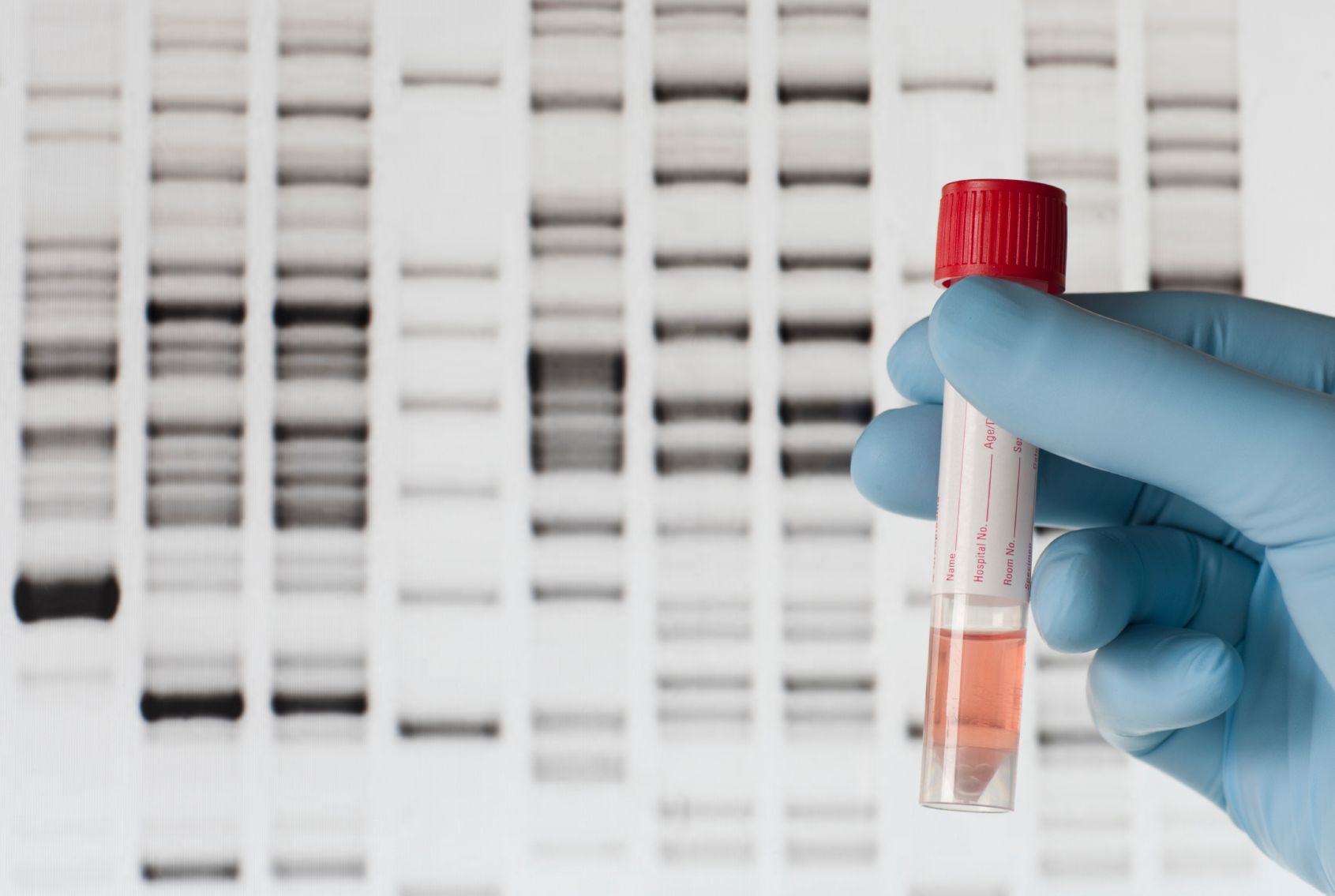Galleri Early Detection Test May Improve Cancer Detection vs SOC Alone
PATHFINDER 2 data build upon bolstered cancer detection rates by the multicancer early detection test found in a previously published PATHFINDER study.
Results from the PATHFINDER trial revealed that among 6621 patients screened for cancer with the MCED test, 92 patients (1.4%) with cancer were identified, including 1.5% with additional cancer risk and 1.2% of those without additional cancer risk.

The addition of the Galleri multicancer early detection (MCED) test to standard-of-care (SOC) single cancer screening substantially increased cancer detection and positive predictive value vs SOC alone, according to a news release from the test’s developer, GRAIL, Inc.1
According to the release, data from the PATHFINDER 2 study (NCT05155605) evaluating the MCED test vs SOC alone build upon data from the PATHFINDER study (NCT04241796) published in The Lancet.2 Results from the trial revealed that among 6621 patients screened for cancer with the MCED test, 92 patients (1.4%) with cancer were identified, including 1.5% (n = 56 of 3681) with additional cancer risk and 1.2% (n = 36 of 2940) of those without additional cancer risk.
Additional results revealed that the positive predictive value among all patients, those with an additional cancer risk, and those without additional cancer risk was 38% (n = 35 of 92; 95% CI, 28.8%-48.3%), 43% (n = 24 of 56; 95% CI, 30.8%-55.9%), and 31% (n = 11 of 36; 95% CI, 18.0%-46.9%), respectively. Furthermore, the negative predictive values were 98.6% (95% CI, 98.3%-98.9%), 98.5% (95% CI, 98.0%-98.8%), and 98.8% (95% CI, 98.4%-99.2%), respectively. The specificity rate among each respective group was 99.1% (95% CI, 98.9%-99.3%), 99.1% (95% CI, 98.7%-99.4%), and 99.1% (95% CI, 98.7%-99.4%).
According to the news release, PATHFINDER 2 data show a substantially higher positive predictive value than those observed in the PATHFINDER study, with cancer signal origin accuracy and specificity consistent between trials. Additionally, no safety concerns were reported in the PATHFINDER 2 study.
“We are delighted to see encouraging performance of the Galleri MCED test as a cancer screening tool in broad intended use populations of asymptomatic adults over 50 years of age in both the PATHFINDER 2 study and the NHS-Galleri trial’s prevalent screening round,” Josh Ofman, MD, MSHS, president at GRAIL, said in the news release.1 “We look forward to sharing the detailed PATHFINDER 2 data at a medical congress later this year.”
The single-assignment PATHFINDER 2 study enrolled adults 50 years or older, with a population representative of the US population regarding race, ethnicity, and sex.3 The target ages of 60 to 69 years and 70 to 79 years were enriched to increase the number of cancer events observed in the study. The study began on December 8, 2021, with final primary outcome data estimated to be collected on February 28, 2026. According to the press release, the study has enrolled 35,878 adults with no suspicion of cancer to date.
Patients were ineligible for enrollment if they were undergoing or were referred for diagnostic evaluation due to clinical suspicion of cancer. Furthermore, those with a personal history of invasive solid tumor or hematologic malignancy diagnosed within 3 years prior to enrollment or diagnosed more than 3 years ago and never treated were excluded from study entry. Furthermore, those who have received prior or concurrent concomitant therapy within 3 years of enrollment, except for adjuvant hormone therapy, were ineligible for enrollment.
The primary end points of the trial included the number and type of invasive procedures performed in those with a cancer signal detected by MCED test, positive predictive value, negative predictive value, sensitivity, specificity, and cancer signal origin accuracy. Secondary end points included patient-related anxiety from MCED test use, patient-reported intention to follow up, cancer detection rate of confirmatory PET-CT in those for whom cancer signal origin workups did not result in cancer diagnosis, and number and type of diagnostic evaluations by predicted cancer signal origin.
Results from the PATHFINDER 2 study will be submitted to the FDA as part of a Galleri premarket approval application in addition to NHS-Galleri trial screening data. Developers will additionally submit bridging analyses to compare the version of Galleri used in the PATHFINDER 2 and NHS-Galleri trials with the most updated version they plan to submit to the FDA for premarket approval.
Currently, the application is in process with a modular submission under a breakthrough device designation from the FDA, with an expected completion occurring in the first half of 2026. PATHFINDER 2 results will be submitted for presentation at a leading international oncology meeting before the end of 2025.
References
- GRAIL announces positive top-line results from the Galleri PATHFINDER 2 registrational study. News release. GRAIL Inc. June 18, 2025. Accessed June 20, 2025. https://tinyurl.com/ms6ju9vh
- Schrag D, Beer TM, McDonnell CH, et al. Blood-based tests for multicancer early detection (PATHFINDER): a prospective cohort study. Lancet. 2023;402(10409):1251-1260. doi:10.1016/S0140-6736(23)01700-2
- PATHFINDER 2: a multi-cancer early detection study. ClinicalTrials.gov. Updated December 30, 2024. Accessed June 20, 2025. https://tinyurl.com/6pt5ma7n
How Supportive Care Methods Can Improve Oncology Outcomes
Experts discussed supportive care and why it should be integrated into standard oncology care.